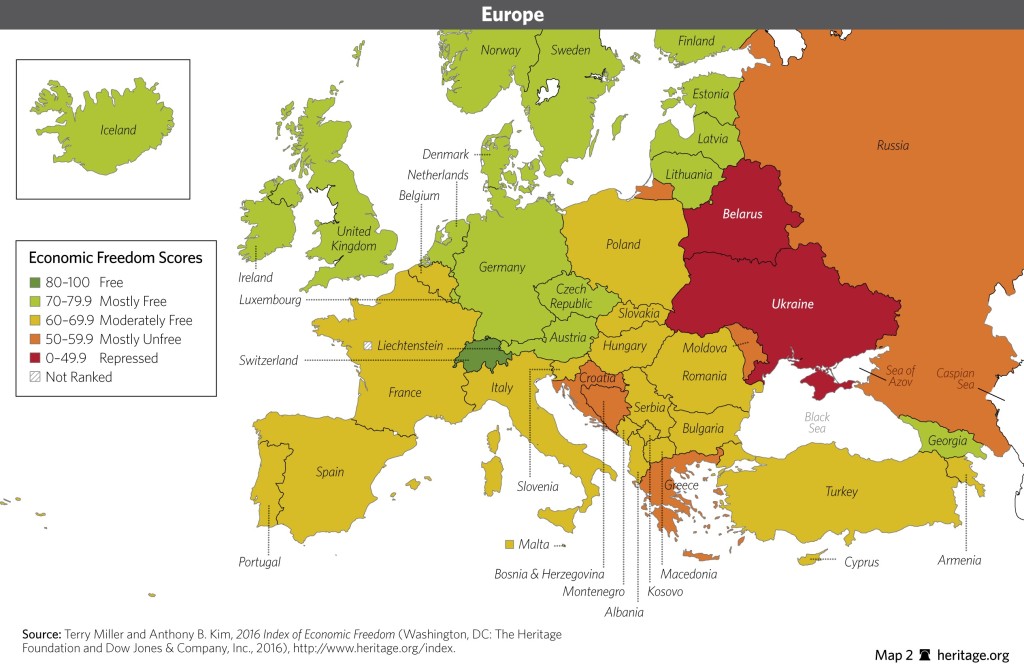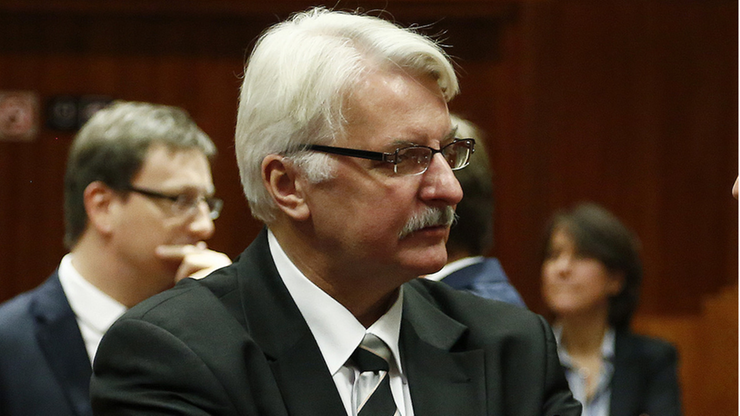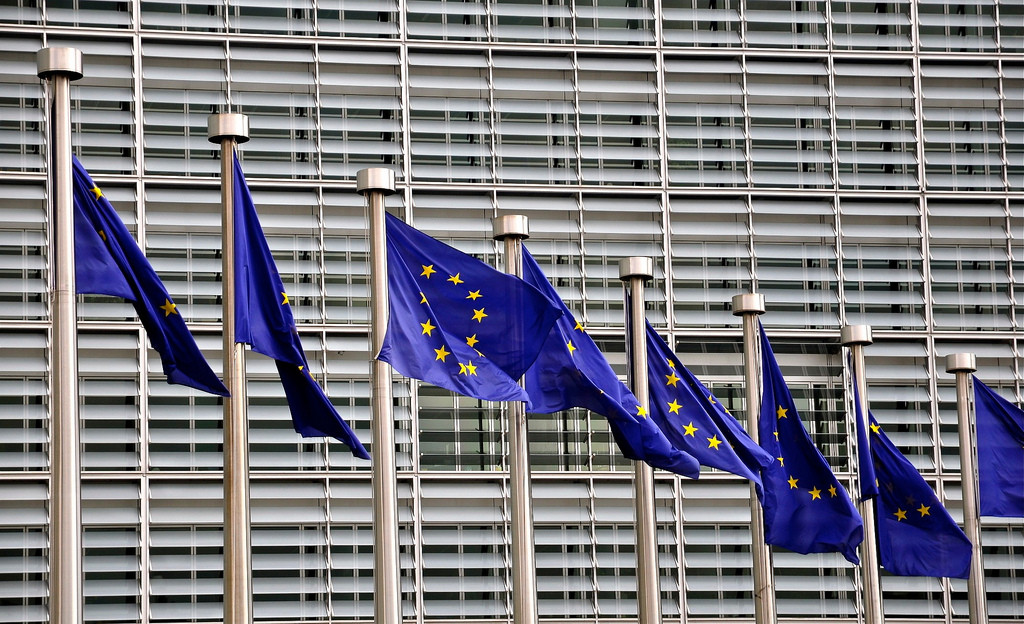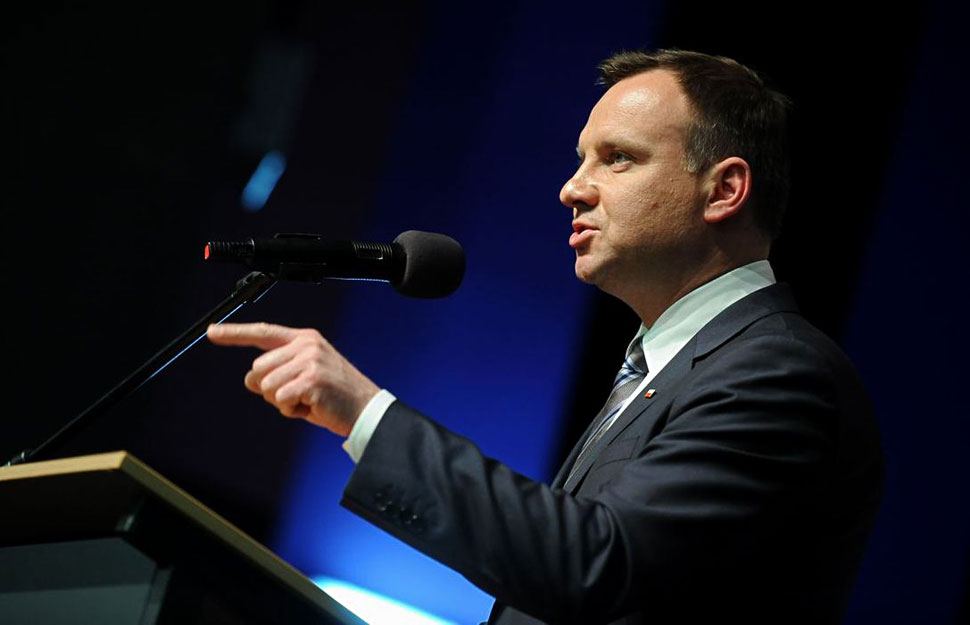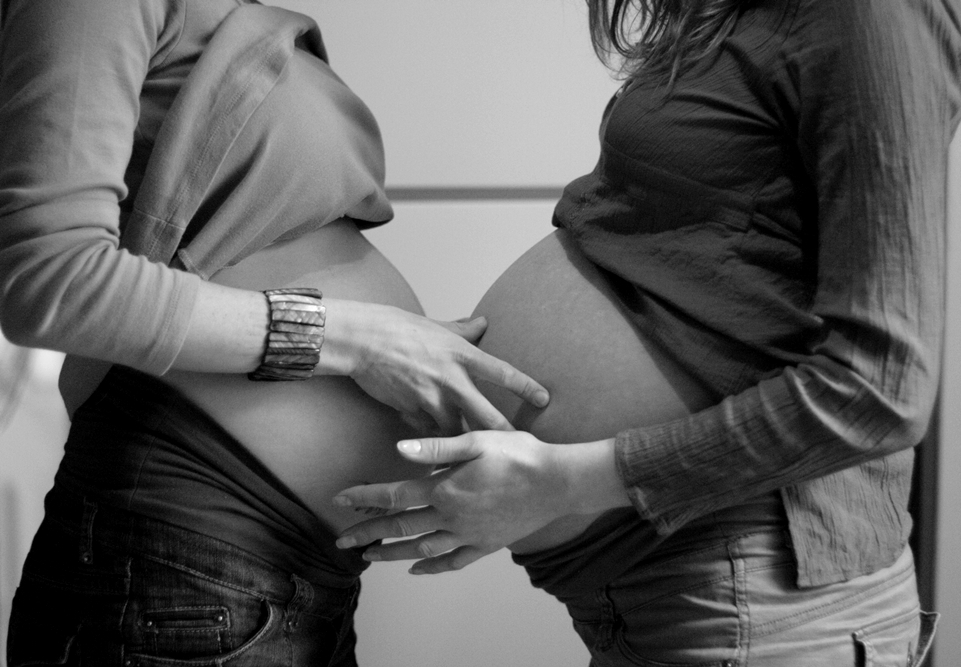
Bad Deal
It really is a pity that the politicians currently governing Poland do not concern themselves with the negative demographic trends. It is even more sad that they do not care about the future of Polish pension system and public finance system.



